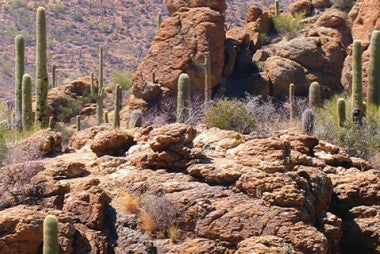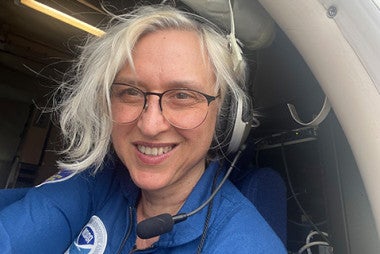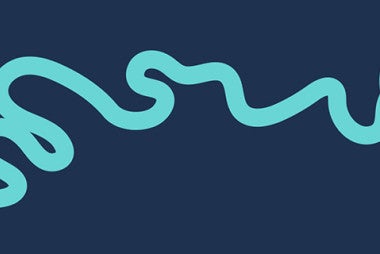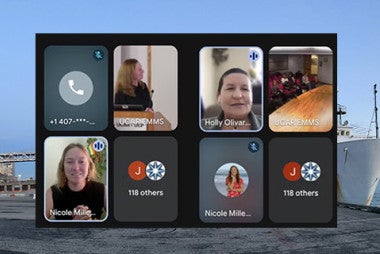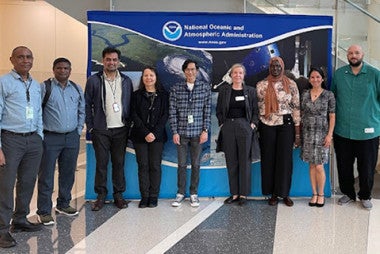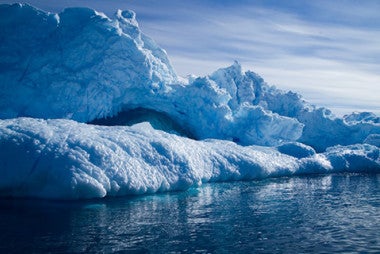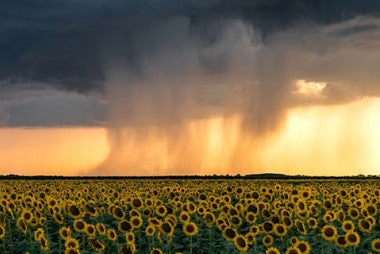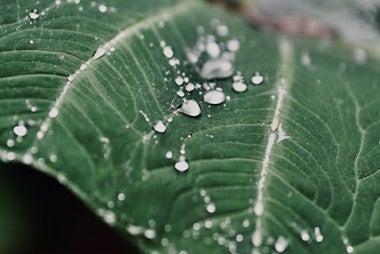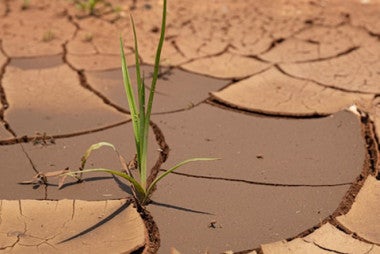Ocean Sciences
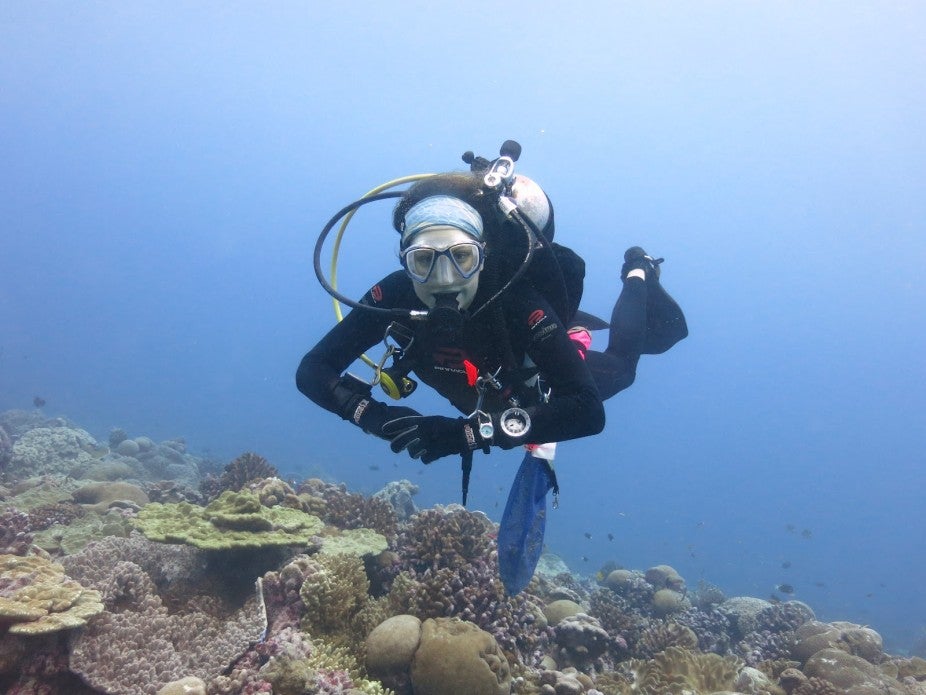
Danielle Claar (NOAA postdoc fellow) performing underwater field work last season.
Our world oceans play a critical role in climate change and weather modeling. So it is no surprise that we have brilliant staff all over the globe whose work focuses on 71% of our earth's surface, our oceans. CPAESS employs scientists who work in these ocean-centered agencies: NASA Ocean Observations, NOAA Centers for Environmental Prediction (NCEP), NOAA National Hurricane Center, NOAA National Ocean Service, U.S. Naval Research Laboratory, NOAA Atlantic Oceanographic and Meteorological Laboratory (AOML), NOAA Global Ocean Monitoring and Observation (GOMO), NOAA National Environmental Satellite, Data, and Informational Service (NESDIS), NOAA National Office of Ocean Exploration and Research (OER), and US CLIVAR. In addition to that, we have NOAA Climate and Global Change fellows whose research focuses on the ocean sciences. A great many of our other staff critically consider ocean impacts in their work. In honor of World Oceans Day, from earlier this month, we asked some of our ocean staff to share a peek into their work. Here's a sampling of their great work.
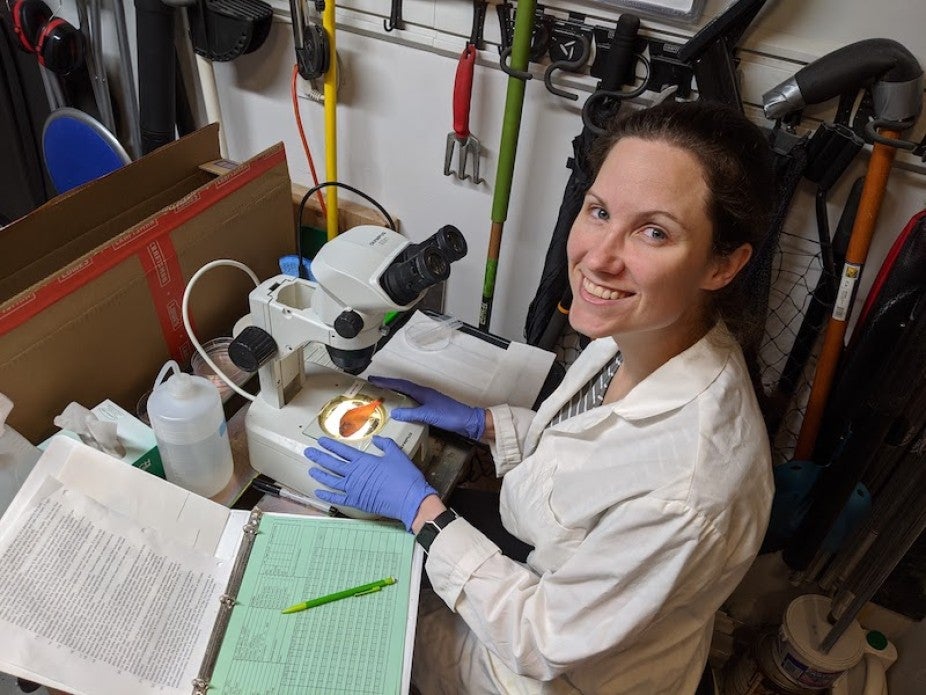
During the pandemic she has transformed her garage into a lab where she dissects fish for her research.
One of our current NOAA Climate and Global Change fellows Danielle Claar explained "I am studying fish parasites as bioindicators of El Niño impacts on ecosystems. Specifically, I am studying coral reef fish in the Central Pacific both before and after the major 2015/2016 El Niño event. The goal of this project is to investigate how climate oscillations influence parasitism, and how we can use this to understand the impacts of heatwaves on marine communities. Due to the lockdown, I have been continuing this work by dissecting fish in my garage (along with working on my computer for writing and data analysis)." Way to adapt to change Danielle and thanks for sharing.
At NOAA's Office of Ocean Exploration and Research (OER) we have Rachel Gulbraa who works in communications helping to promote and document, among other things, the NOAA Okeanos Explorer-In-Training program. NOAA's Okeanos Explorer is the only federal vessel whose sole purpose is dedicated to exploring our deep ocean, closing the prominent gap in our basic understanding of U.S. deep waters and seafloor, and delivering the ocean information needed to strengthen the economy, health, and security of our nation.
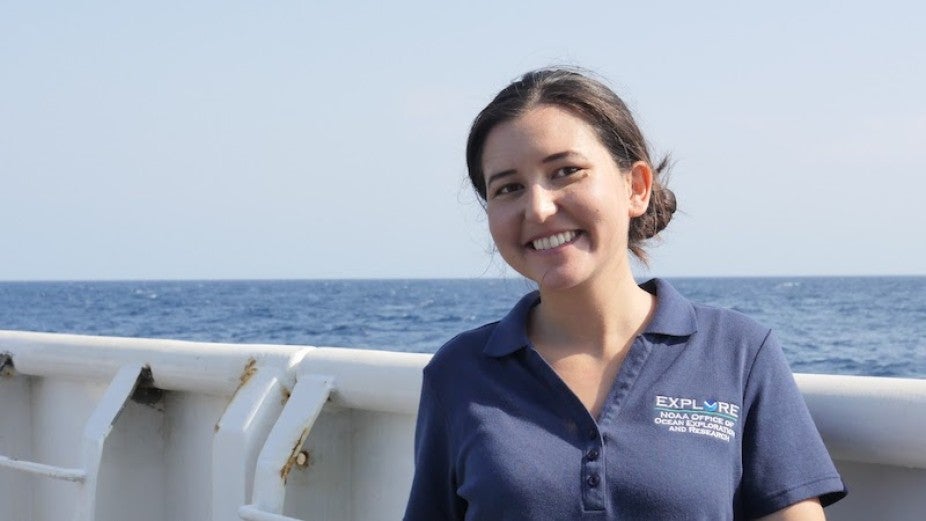
Rachel Gulbraa of NOAA OER onboard the Okeanos Explorer in 2019.
While onboard the Okeanos Explorer Rachel helped provide online coverage to scientists, resource managers, students, members of the general public, and others enabling them to actively experience ocean exploration. In support of federal guidance to slow the spread of COVID-19, the Okeanos Explorer expeditions have been put on hold this summer. However, you can check out these ocean exploration webinars that Rachel organized, wrote, and moderated. OER also worked with Ocean Exploration Trust and created a coloring book (scroll down) for kids in honor of World Ocean Day. Just published are new videos featuring the beautiful macrophotography and the hydrothermal vent of sea life from Okeanos expeditions which she helped put together and edit. Thanks Rachel!
CPAESS also has six staff members in the Storm Surge Unit of NOAA's National Hurricane Center. This team is pivotal in determining when and where watches and warnings need to be issued to protect people in the event of a tropical storm making landfall. The storm surge that accompanies these extreme weather events accounts for the majority of deaths with these storms, and this team works very hard to reduce these fatalities with predictive modeling, communication, and cooperation with emergency personnel. CPAESS officially has six staff members on the Storm Surge Unit: Taylor Trogdon, Laura Alaka, Tarah Sharon, William Booth, Ethan Gibney, and Andrew Penny. We are so proud of the important work of this team.
Check out this interview with Taylor Trogdon, one of our Storm Surge Unit employees, talking about the fascinating, important work done at the National Hurricane Center.
One of the programs CPAESS supports in US CLIVAR whose work centers around our oceans. Mike Patterson is the director and Jennie Zhu is the program specialist for U.S. CLIVAR. Of the program they said, "For 22 years US CLIVAR has played a vital role in coordinating U.S. science community efforts to accelerate our understanding of the ocean’s influence on climate variability and change across timescales from weeks to decades and beyond. This CPAESS hosted community program brings together experts across disciplines to address pressing societally-important questions, such as 'Will the current regional drought, marine heat wave, or wildfires persist through the next season? What are the prospects of hurricanes impacting the US coasts this summer and fall? Can we expect an El Niño next year and how will it impact regional US precipitation and flooding? How will all of these phenomena change with a warming ocean over the next decades?' These questions and many others drive the research agenda of US CLIVAR, which helps define the requirements for a sustained global ocean observing system, the mounting of numerous ocean-based field campaigns to understand fundamental processes, and the ongoing improvement of ocean models used for predicting and projecting the future state of the ocean and the response of the climate system." Thanks Jennie and Mike for the critical work that US CLIVAR provides the ocean community and us all.
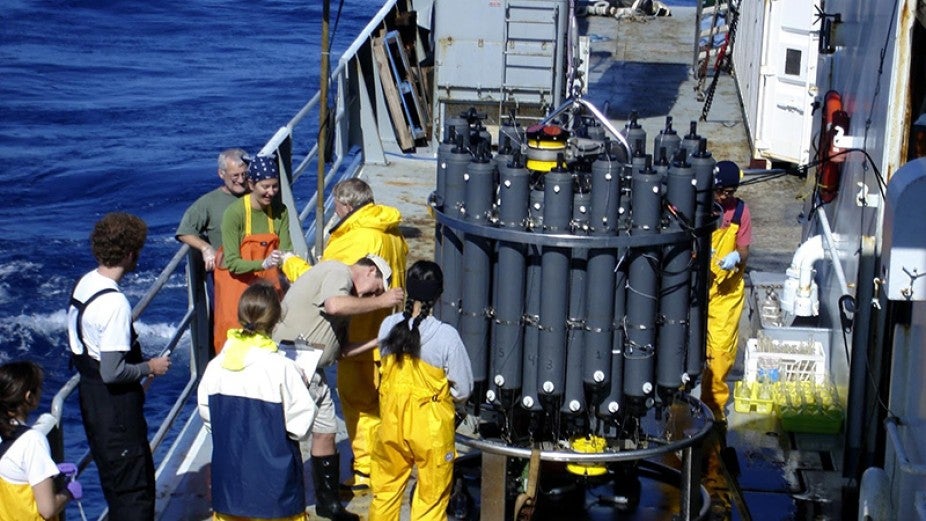
Collecting seawater samples from Niskin bottles on the CTD rosette.
Dr. Kathy Tedesco says of her ocean work, "One of the programs that I support as a CPAESS Program Manager in the NOAA Global Ocean Monitoring and Observing Program (GOMO) is the U.S. Global Ocean Ship-based Hydrographic Investigations Program, or U.S. GO-SHIP. The U.S. GO-SHIP program, funded by NOAA GOMO and the NSF, contributes to the International GO-SHIP network of 55 globally sustained hydrographic sections to monitor changes in inventories of heat, freshwater, carbon, oxygen, nutrients and transient tracers, covering the ocean basins from coast to coast and full depth of the water column, with global measurements of the highest required accuracy to detect these changes."
"Prior to serving as Program Manager for U.S. GO-SHIP, I was a seagoing oceanographer and was lucky enough to have sailed on 7 hydrographic cruises collecting and analyzing chlorofluorocarbons and sulfur hexafluoride in seawater via gas chromatography." Thank you Kathy for your ongoing work to help us better understand our world's oceans.
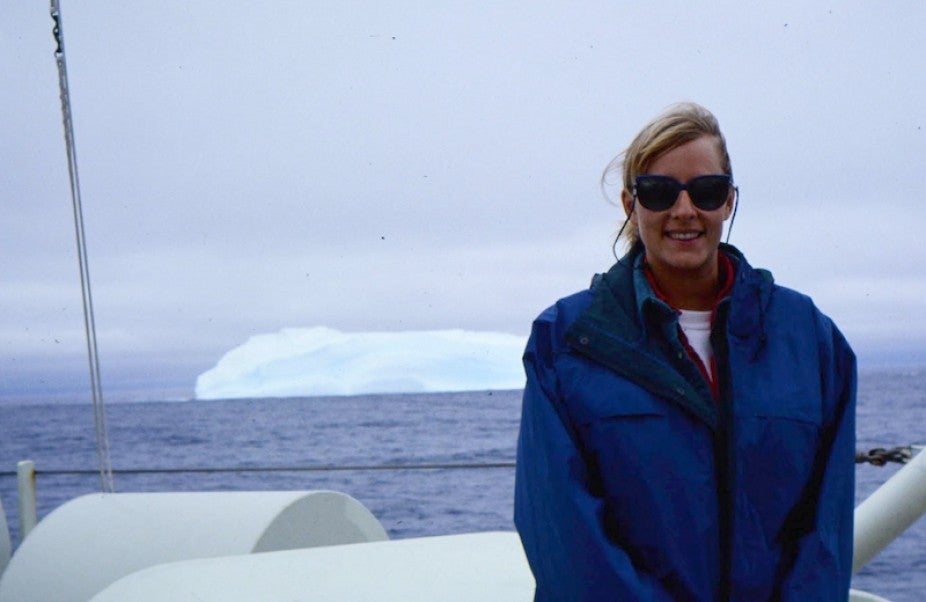
Kathy Tedesco crossing the Antarctic Circle onboard the R/V Knorr.
